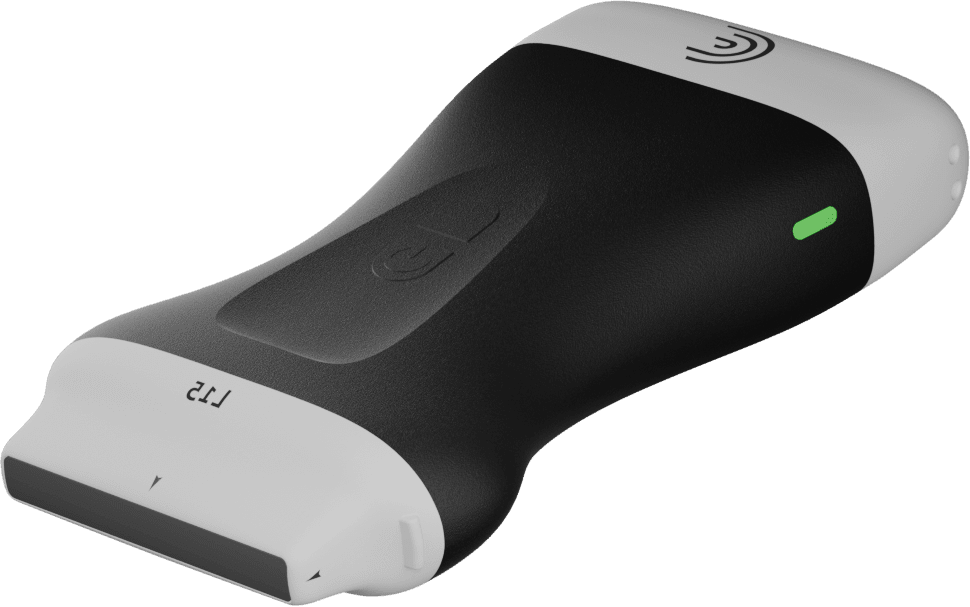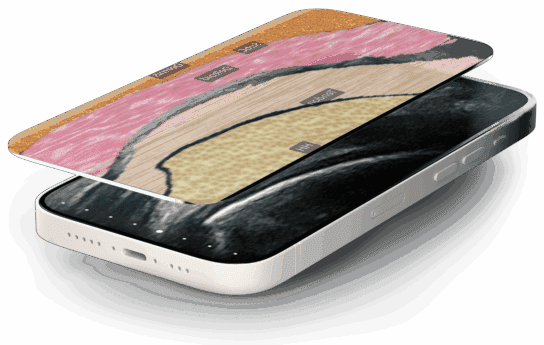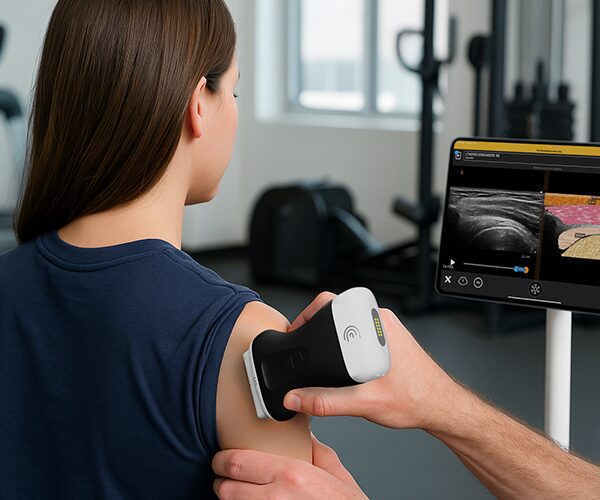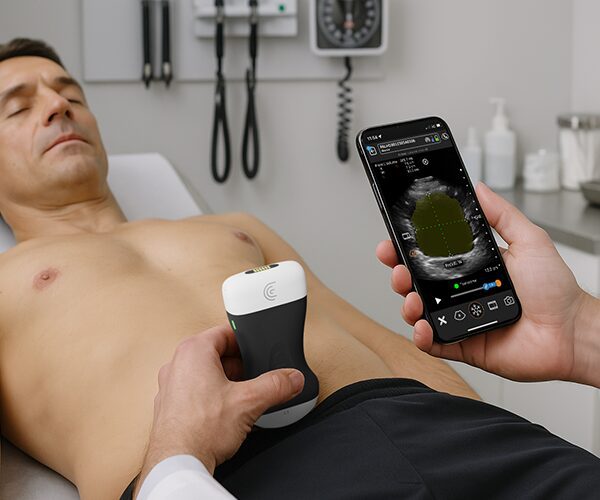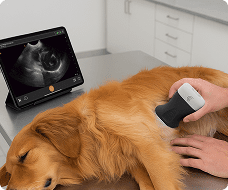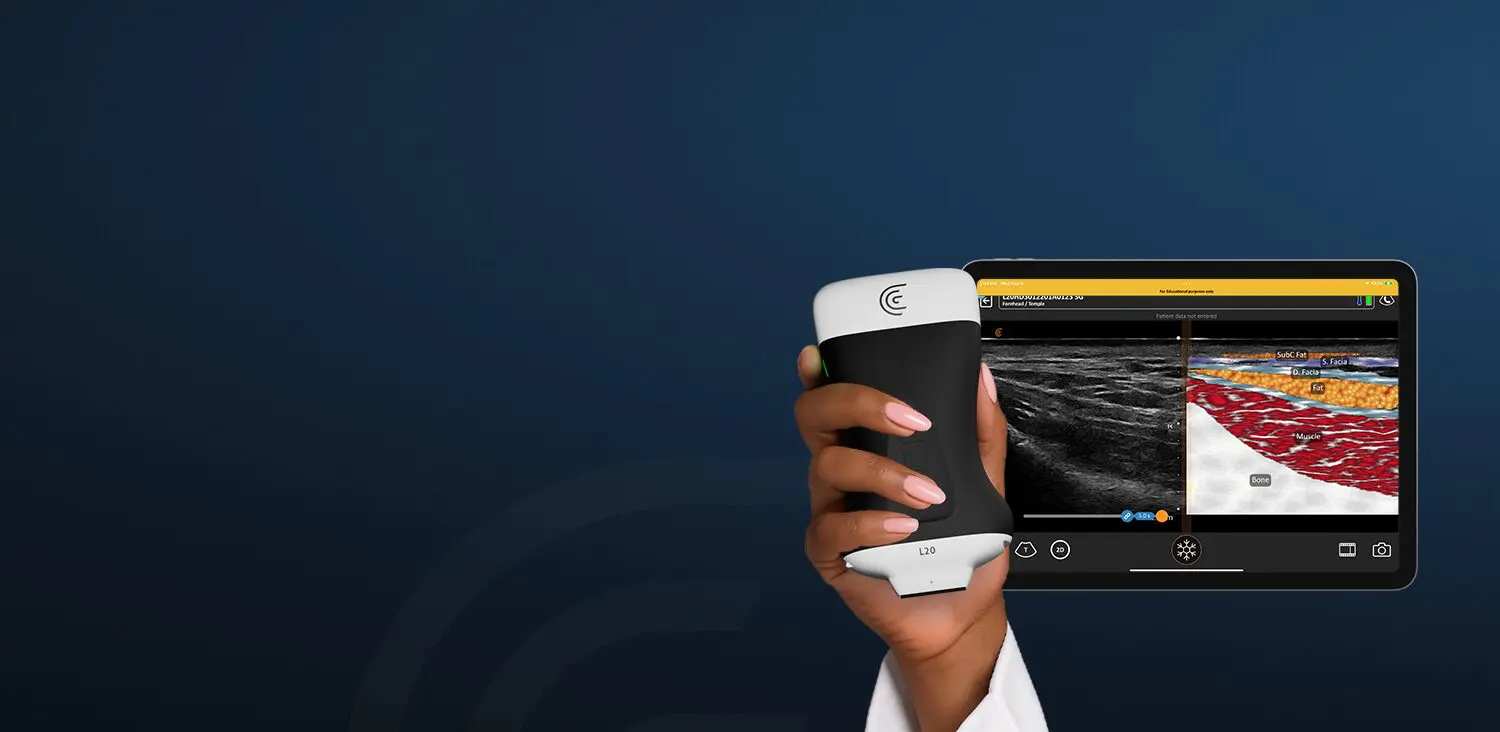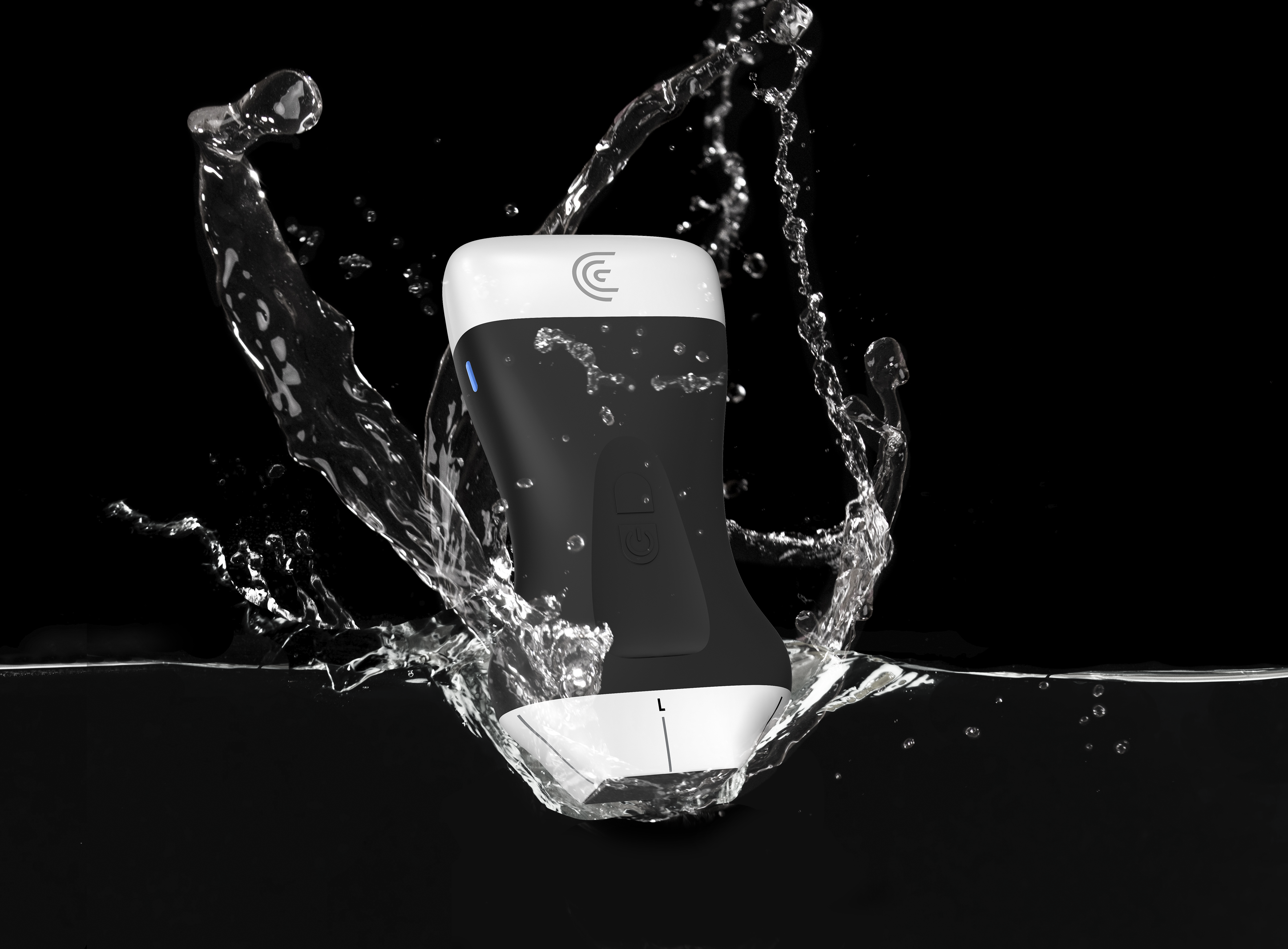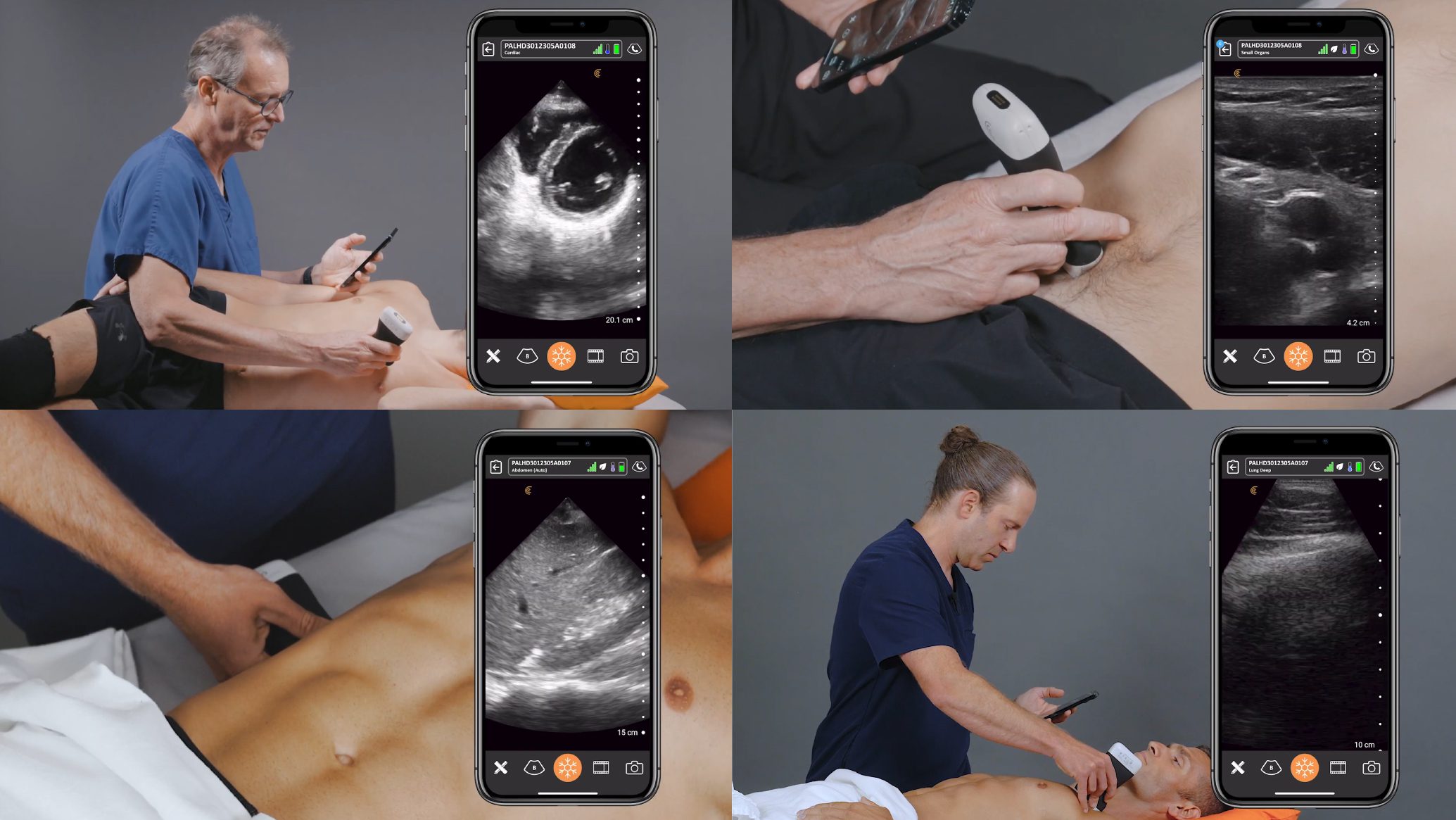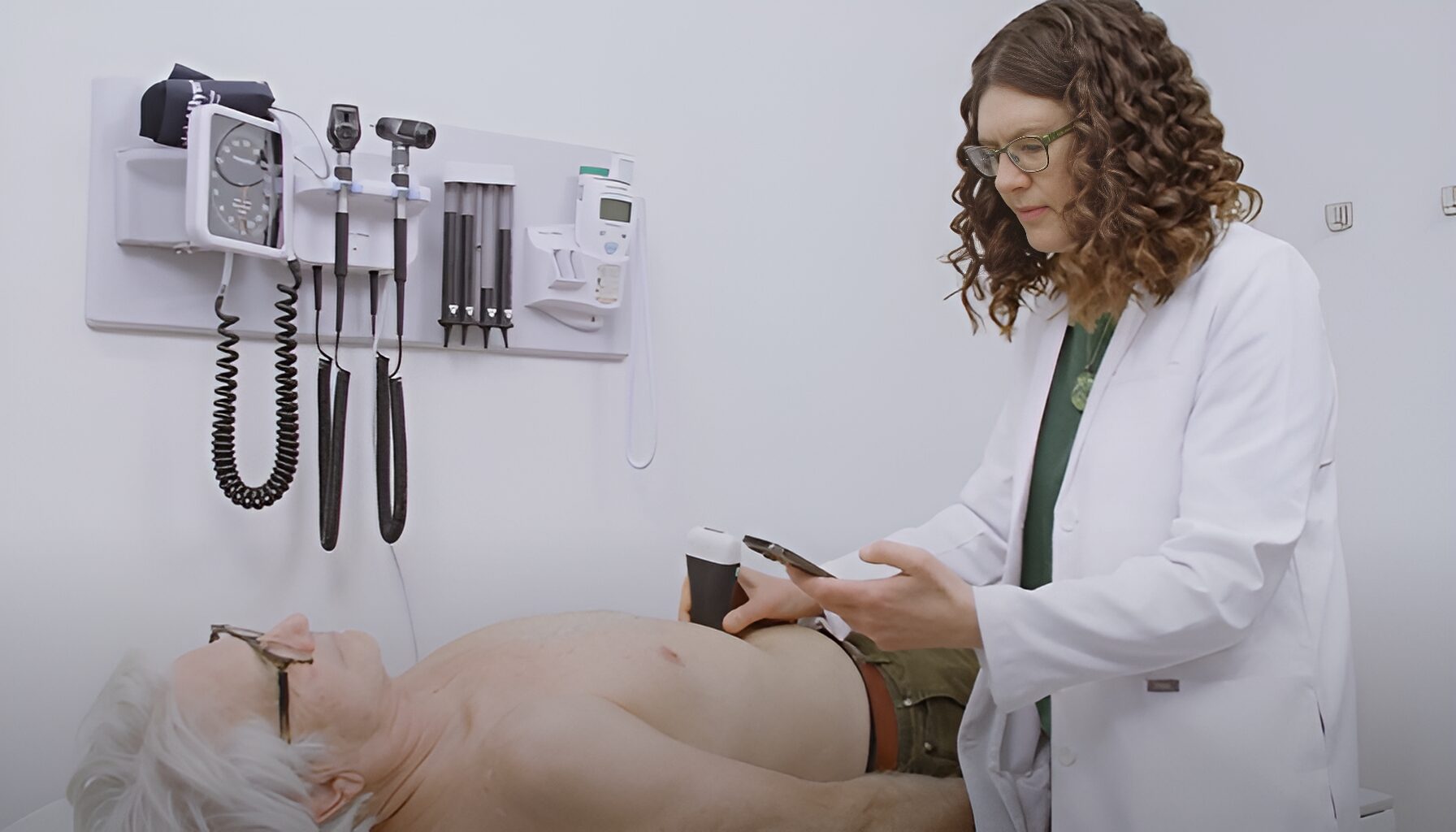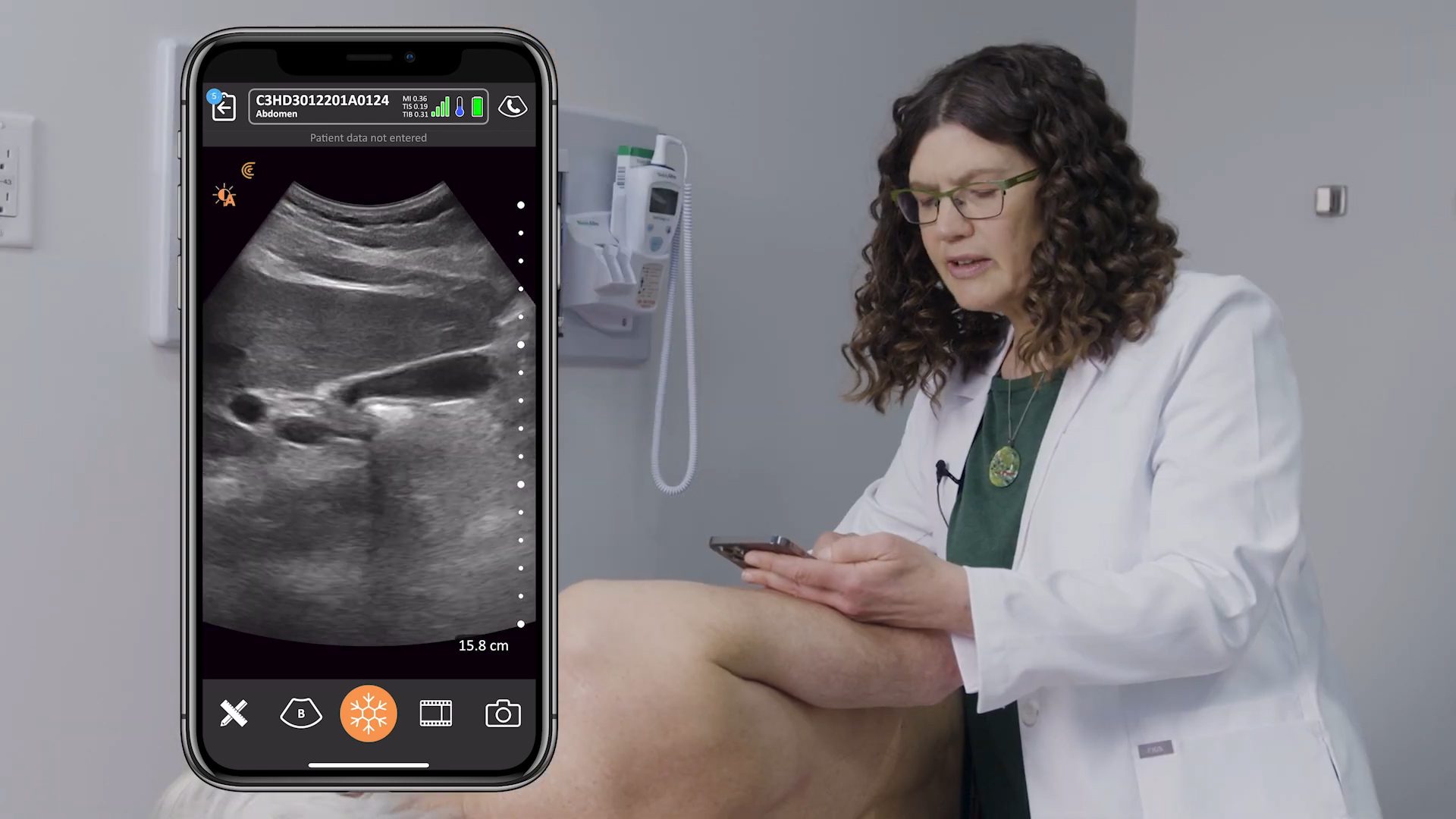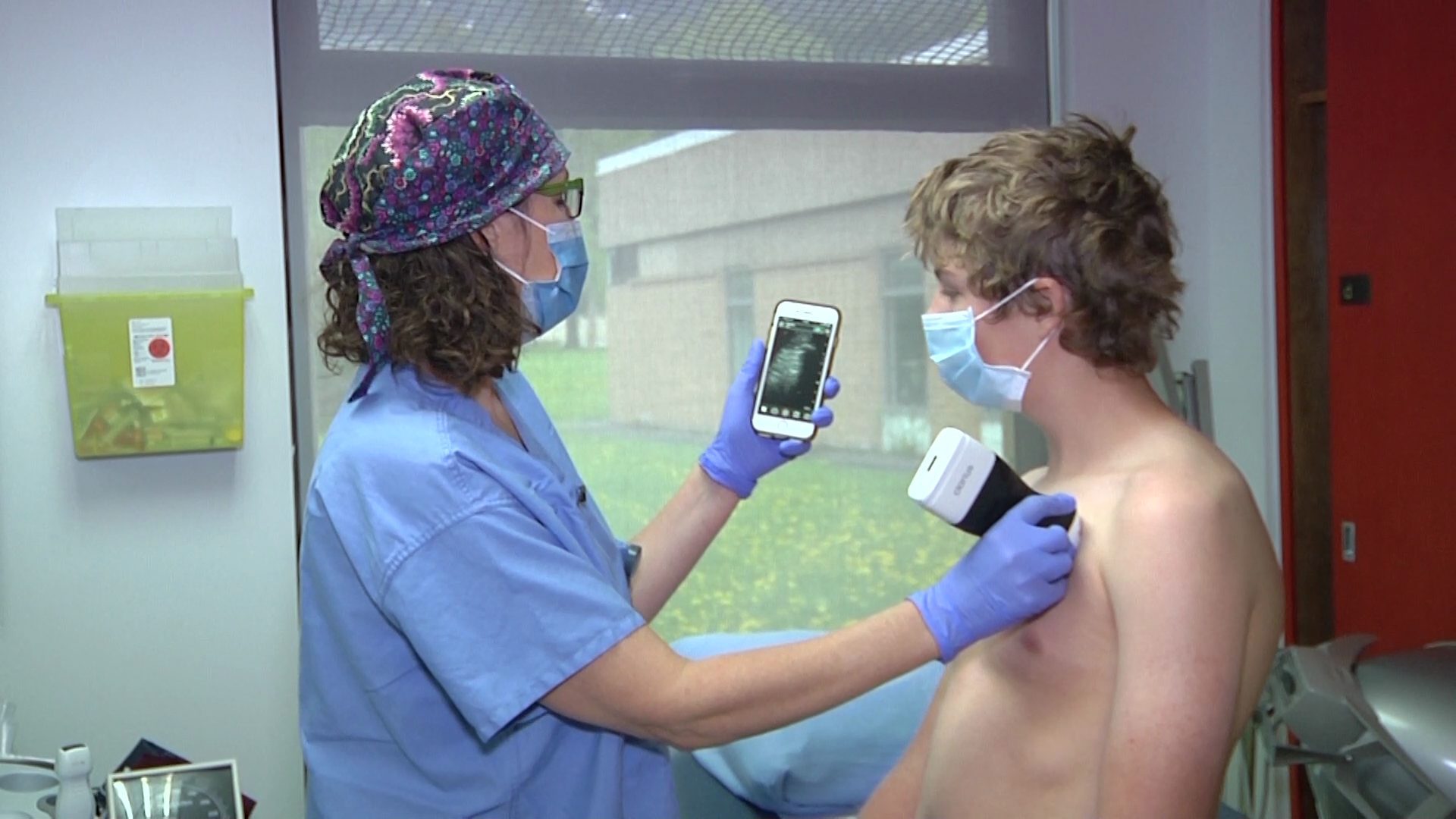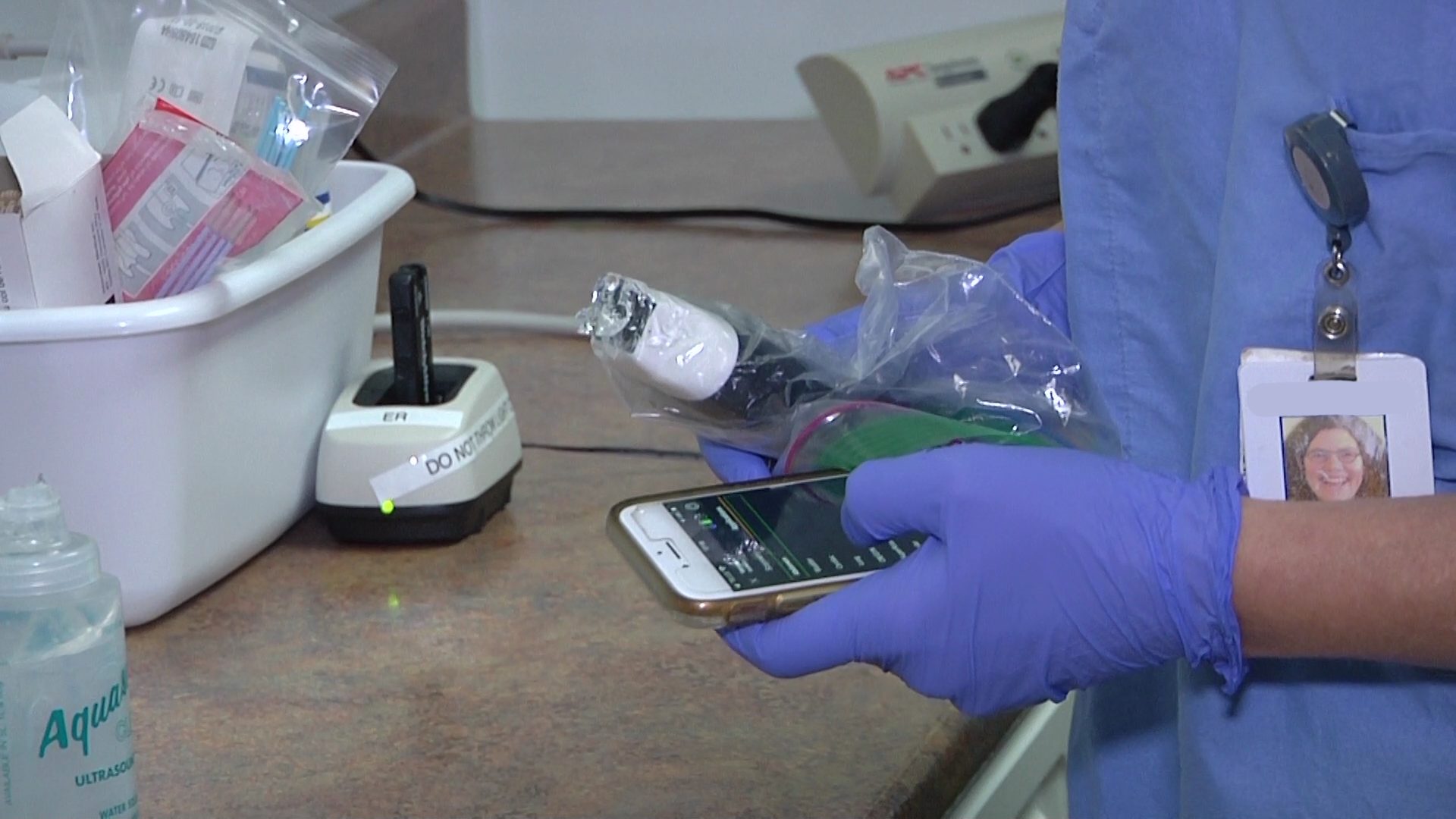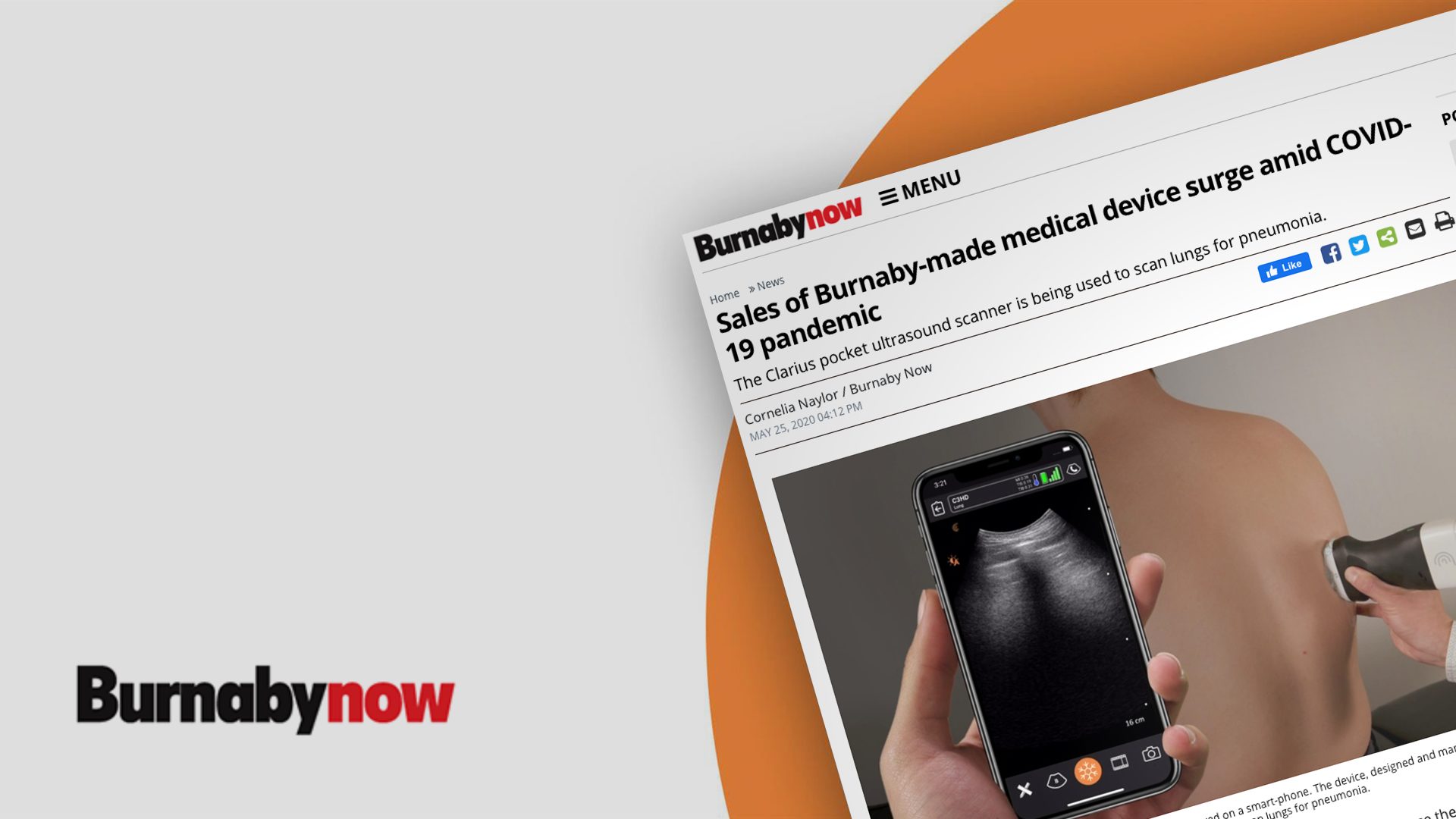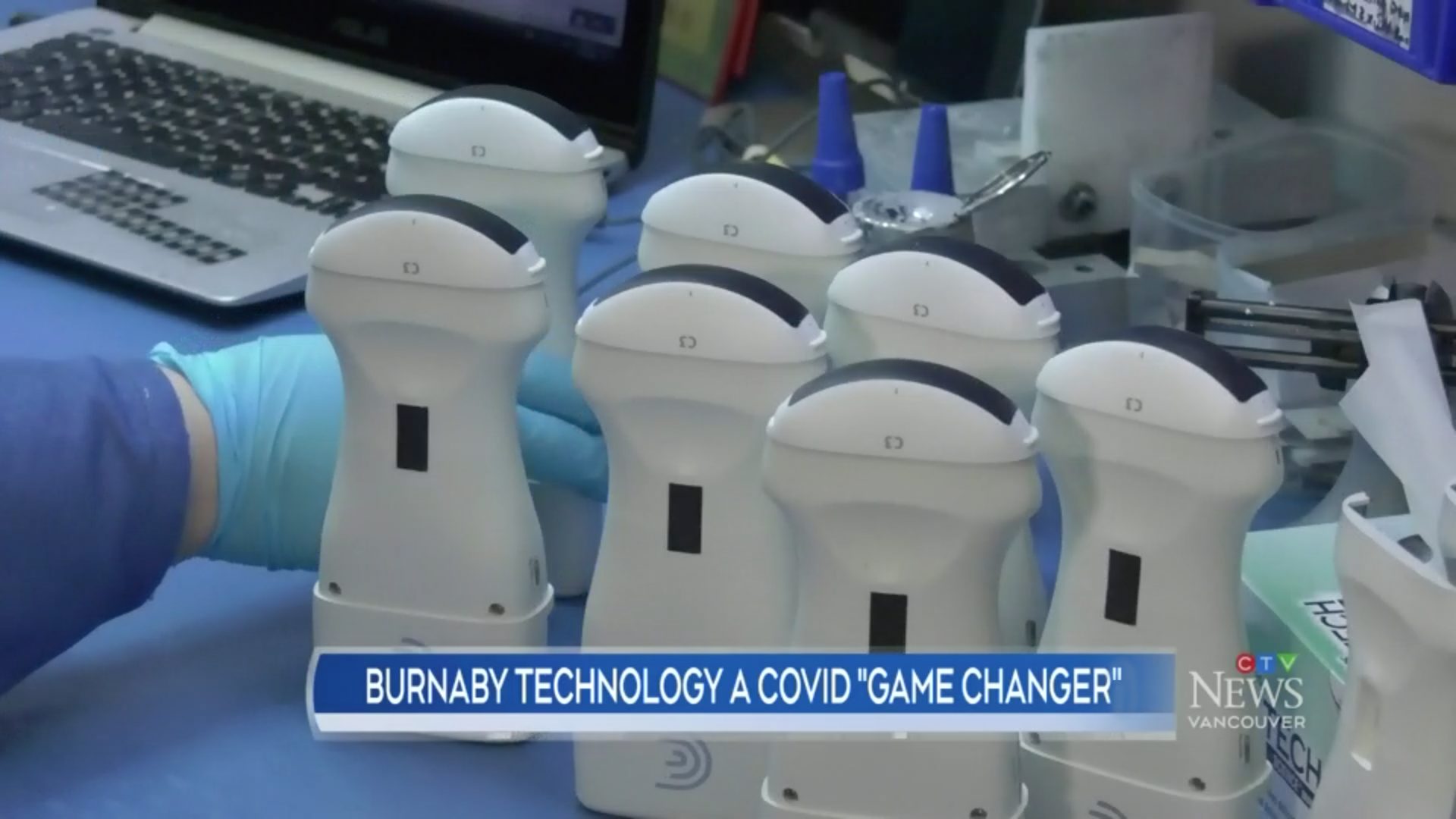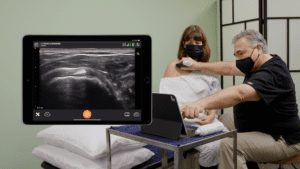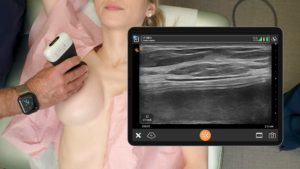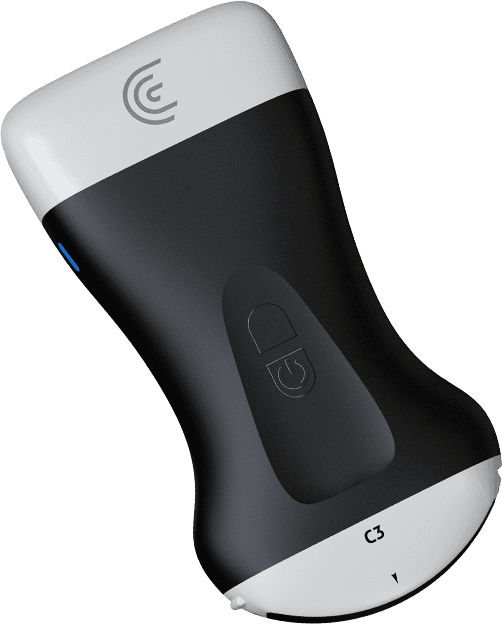A point-of-care ultrasound (POCUS) survey conducted by the Rural Coordination Centre of BC (RCCbc) has found that ultrasound use is widespread among clinicians in rural British Columbia due to ready access to ultrasound. RCCbc worked with Clarius during the early days of the COVID-19 pandemic to distribute more than 50 Clarius handheld ultrasound systems to help with diagnosis and management of COVID in rural settings.
Close to 90% of clinicians surveyed reported having access to an ultrasound machine and two-thirds scanned patients at least once a day. Surveys were sent to more than 1,000 rural clinicians, who answered questions about POCUS education, how it is being used and how often, and what supports might be required to improve comfort and safety.
Historically performed primarily within diagnostic imaging departments, ultrasound is now more commonly used at the bedside thanks to technology improvements that have made ultrasound more affordable and easier to use. Physicians in emergency and critical care, pediatrics and general practice regularly use POCUS for faster and more accurate diagnosis and treatment.
Dr. Tracy Morton, the clinical co-lead of the POCUS Project with RCCbc, said:
Data analysis is ongoing, but when asked how they are using it, many providers reported diagnosing aortic aneurysms, intra-abdominal bleeding and many lung conditions, including pneumothorax and congestive heart failure. Most using it state that POCUS makes a difference to their clinical impression or helps make a clinical decision in half the time. A key finding is that more educational offerings are needed to learn how to incorporate POCUS into day-to-day practice.”
RCCbc provides ongoing initiatives to promote more widespread use of point-of-care ultrasound in rural BC. POCUS practice support is becoming increasingly available through the Real-Time Virtual Support services with weekly lunch-time live scanning and Q&A sessions offered by Dr. Virginia Robinson to rural practitioners.
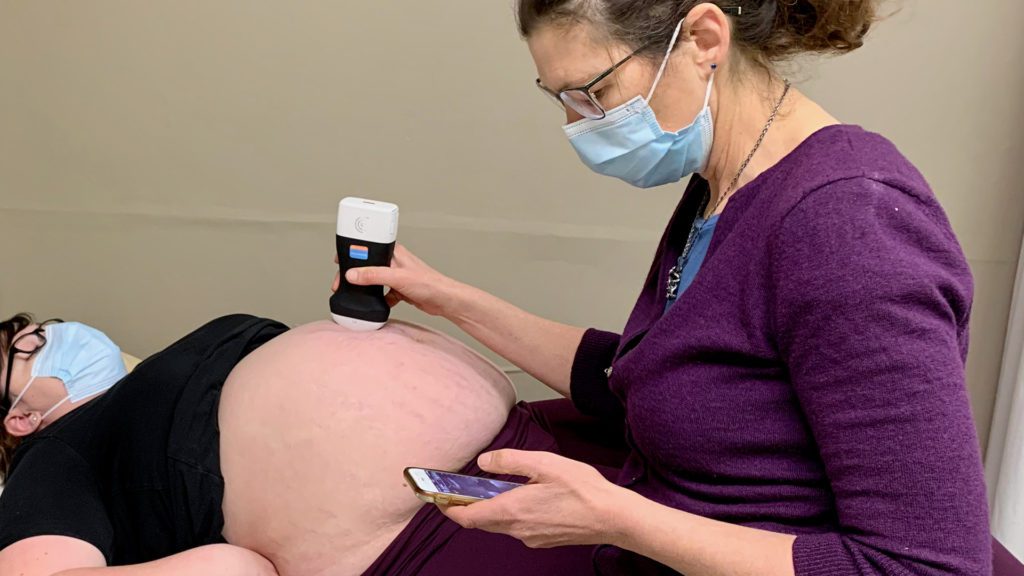
At the University of British Columbia, advocacy for the expansion of POCUS within the undergraduate medical curriculum has led to the development of POCUS electives at both urban and rural sites within BC. And the Rural POCUS Rounds is now partnering with UBC Continuing Professional Development to teach core POCUS knowledge and skills virtually to clinicians throughout BC and across Canada.
Point-of-Care Ultrasound is a vital tool for clinical decision making in a rural setting,” says Helen Skinner, Country Manager for Canada at Clarius. “The unique form factor and wireless capabilities of these handheld devices, coupled with software and artificial intelligence that can help users quickly triage and diagnose, is making medical imaging more accessible than ever. Clarius is proud to partner with Dr. Morton and the RCCbc, and believe their contribution is invaluable in making POCUS part of the standard for rural care.”
To encourage participation in the survey, RCCbc offered 4 prizes including a Clarius C3 HD3 handheld ultrasound system donated by Clarius. Congratulations to Dr. Pawel Makarewicz from Powell River who won the grand prize.
Redefining Ultrasound Imaging for Every Physician
With high-definition imaging and automated settings, Clarius wireless ultrasound is the ultimate stethoscope for physicians who need to find clinical answers fast. Clarius C3 HD3 is powered by artificial imaging and offers automated workflows to scan every major body part – no need to master knobs and buttons!
Not a Clarius user yet? We invite you to book a demo with a Clarius sonographer to see the difference high-definition imaging can make in delivering the best patient care.
